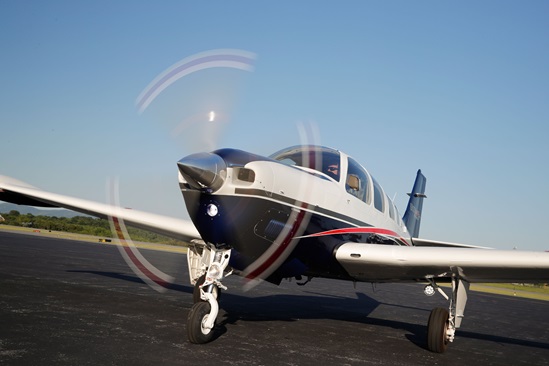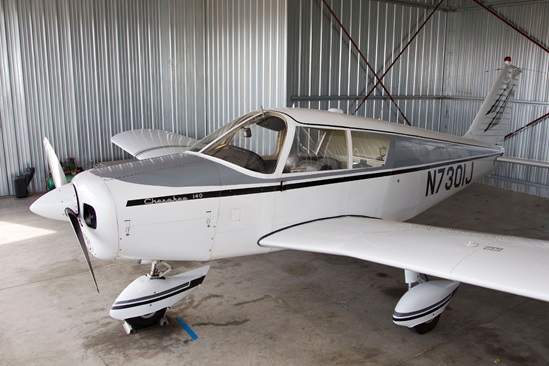AOPA working on future avgas
By AOPA ePublishing staff
100LL—its rising cost, future availability, and environmental impact is on the minds of everyone in the aviation industry. AOPA is working to help find a viable fuel replacement that would have a minimal impact on our members and general aviation aircraft.
On March 17, AOPA responded to the Environmental Protection Agency’s publication of a rulemaking petition to limit lead emission from general aviation aircraft. The EPA’s move stems from a petition from the environmental group Friends of the Earth.
“Any change in the current fuel standard could have a direct impact on the safety of flight and therefore must be fully tested and FAA approved before any operational changes occur,” wrote AOPA Executive Vice President of Government Affairs Andy Cebula.
The FAA announced in January that it plans to study the aviation industry’s effect on the environment and correct problem areas. Currently, general aviation piston aircraft rely upon the use of 100LL, and there is no simple alternative fuel available.
Replacement fuel must work for all
“A suitable unleaded replacement fuel is one that can be used in all existing and new piston-powered general aviation aircraft. AOPA understands that for a percentage of aircraft, this may require engine and airframe modifications,” Cebula explained to the EPA. “Any transition plan must include adequate time for the aviation and petroleum industries to select an appropriate fuel octane and for any necessary aircraft modifications to be assessed and addressed.”
AOPA members should be assured that the association will be working with the FAA, general aviation industry, and other governmental agencies to advocate for pilots and aircraft owners.
Current need for 100LL
Removing lead from avgas without having a suitable alternative would have a catastrophic impact on 30 percent of the GA fleet. High-compression engines on aircraft like Bonanza, Lancair, or Cirrus “would be unable to safely operate on a fuel with an octane rating less than that currently provided in 100LL,” AOPA explained. Lead increases fuel octane so that high-compression engines perform better and are protected from detonation, a condition that can lead to catastrophic engine failure.
In order to continue operating, the aircraft would need significant engine modifications. While this is a small percentage of the fleet, these airplanes burn an estimated 70 percent of the avgas used. This is because they burn more fuel per hour than low-compression engines and because they are frequently used for long trips, including business travel.
Seventy percent of the fleet has low-compression engines, like the older Cessna Skyhawks and Piper Cherokees, and could run on a lower octane fuel without needing significant engine modifications. One alternative for these aircraft has been automobile gasoline. Many aircraft already have supplemental type certificates (STCs) that allow them to run on automobile gasoline.
However, 51 percent of automotive fuel is blended with ethanol, and the percentage is likely to increase. Aircraft operating with automotive fuel STCs cannot use fuel with ethanol in it. Ethanol-blended automotive gasoline causes problems for aircraft and engines that can lead to deterioration in parts of the fuel system.
Alternative fuels research
As a member of the Coordinating Research Council (CRC), AOPA is working with petroleum producers; researchers; airframe, engine, and component manufacturers; universities; and others to review and develop alternative fuels that would require minimal modification to existing piston-engine aircraft.
“The panel has been working on a regular basis to exchange ideas and hopefully come up with a transparent solution to replace 100LL,” Cebula wrote. “The majority of the CRC’s work has been on testing an unleaded fuel that can provide the same octane level as 100LL.”
AOPA also has been a supporter of the FAA’s William J. Hughes Technical Center, which has been searching for a lead-free avgas alternative since the 1990s. The association regularly lobbies Congress to keep funding going to the research facility and had funding for it inserted in the House FAA funding bill.
“Getting the lead out of aviation fuel is not a simple, straightforward process,” Cebula concluded, explaining that AOPA will be involved every step of the way.
March 19, 2008


